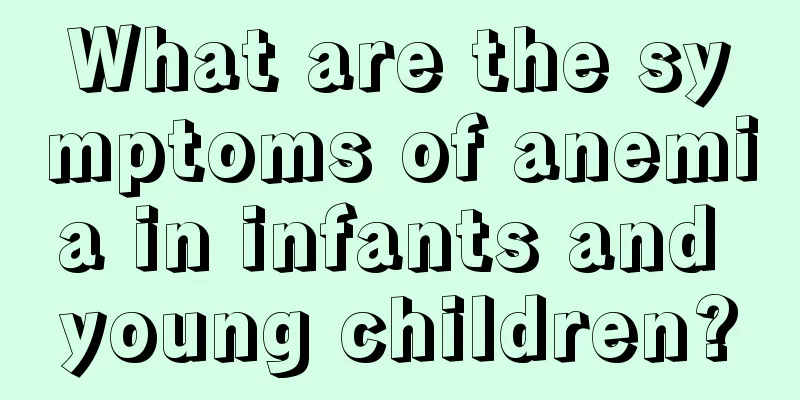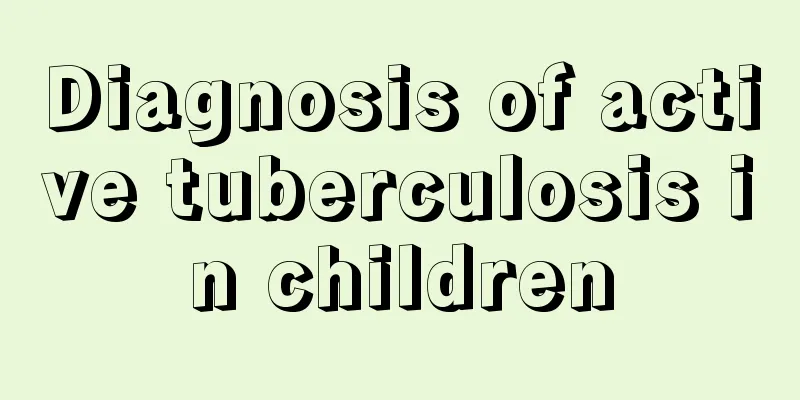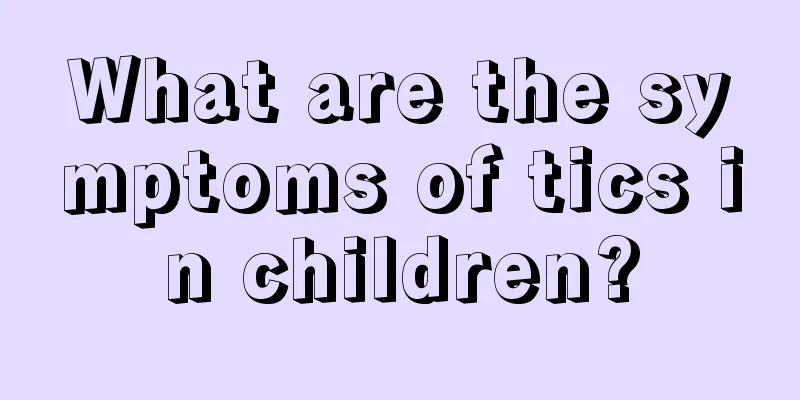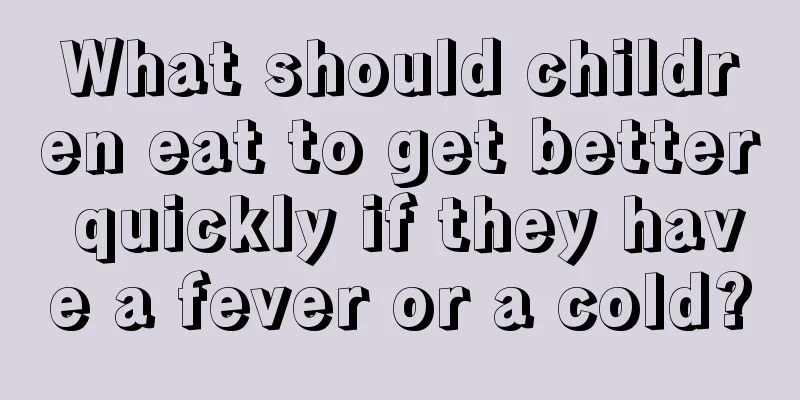What are the symptoms of anemia in infants and young children?

|
In our lives, there are always some children who suffer from anemia. The symptom of anemia is that there are fewer hematopoietic stem cells in the body, less blood is produced, and there is less contact with iron. This can easily cause anemia in infants. Therefore, for infant anemia, it is necessary to detect and treat it early. So what are the symptoms of anemia in infants and young children?
The skin and mucous membranes become progressively pale, most obviously on the lips, oral mucosa, eyelids, nail beds, and palms, accompanied by lack of energy, poor response to the surrounding environment, sometimes irritability, dizziness, tinnitus, memory loss, and other discomforts.
Digestive system: loss of appetite, nausea, vomiting, diarrhea, abdominal distension or constipation. In severe cases, there is pica (eating paper scraps, coal slag, etc.). Respiratory and circulatory system: Due to lack of oxygen, there may be compensatory breathing and increased heart rate, which is more obvious after activity or crying. In severe cases, heart murmurs, heart enlargement and even heart failure may occur. Reduced immune function: susceptible to various infections. T lymphocyte function is weakened and the bactericidal ability of granulocytes is reduced. Enlargement of the liver, spleen, and lymph nodes: Due to extramedullary hematopoietic reaction, the liver, spleen, and lymph nodes may be slightly enlarged. The older the patient is, the longer the course of the disease, and the more severe the anemia, the more obvious the enlargement. Anemia in children can occur at any age, but is most common between 6 months and 2 years old. The onset is relatively hidden, and many children are diagnosed only when they visit the doctor for other diseases. (1) General manifestations: The skin and mucous membranes gradually become pale or yellow, most obviously on the lips, oral mucosa and nail beds. They are prone to fatigue, irritability, crying or lack of energy, lack of activity and loss of appetite. Older children may complain of dizziness, black spots in front of their eyes, tinnitus, etc.(2) Manifestations of hematopoietic organs: Due to extra-bone marrow hematopoietic reactions, the liver, spleen, and lymph nodes are often slightly enlarged. The younger the age, the longer the course of the disease, and the more severe the anemia, the more obvious the hepatosplenomegaly will be, but the degree of enlargement rarely exceeds moderate. The lymph nodes are mildly enlarged and tough. (3) Other symptoms and signs: Due to epithelial damage, ingrown nails, inflammation of the oral mucosa and anus, and atrophy of the tongue papillae may occur. Digestive system symptoms often include loss of appetite, pica, and sometimes indigestion, vomiting or diarrhea. Respiration and pulse rate may compensatorily accelerate, and a systolic murmur may be heard in the precordial area. Severe anemia may cause heart enlargement and even heart failure. |
<<: What to do if premature babies have anemia
Recommend
Symptoms of fish bones stuck in children's mouths
Many people like to eat fish, and there are many ...
What to do if you wake up coughing in the morning
Many people may experience coughing when they wak...
Why does a child have a recurring fever in a week?
Young children have low resistance and immunity, ...
Tooth calcification in children
The health of our teeth is very important to us. T...
What are the daily diets for children with gastroenteritis?
Nowadays, there are more and more common diseases...
Reasons why your baby's stomach growls
Many children always feel uncomfortable here and ...
What should I do if my 20-day-old baby has a cold and a stuffy nose?
If a newborn baby is sick, treatment and manageme...
Is it good for children to do sweat steaming?
Sweat steaming is a recently popular leisure acti...
What are the dangers of long foreskin in children?
Many parents find that their baby boys have fores...
What to do if a one-year-old child has a cough
When it comes to children at home, parents' b...
What to do to reduce a child’s fever?
Children's resistance is very low, especially...
What are the dangers of mercury poisoning in children?
Mercury poisoning in children has serious impacts...
Why do I always get oral ulcers in my mouth?
Many people have experienced oral ulcers, which c...
What to do if your baby has mumps and fever
Don’t think that mumps is just an inflammation ca...
Neonatal intestinal obstruction is a disease that cannot be ignored
For every new mother, every move of the newborn t...









